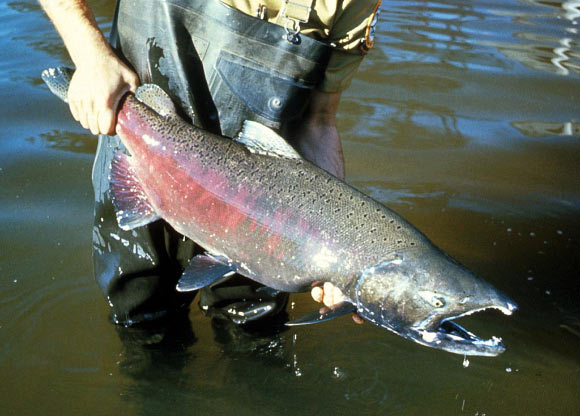Now Reading: Heartwarming Moments: Baby Animals Bonding with Their Moms
-
01
Heartwarming Moments: Baby Animals Bonding with Their Moms
Heartwarming Moments: Baby Animals Bonding with Their Moms

quick Summary
- Animal parenting varies widely across species, showcasing immense diversity in care and survival strategies.
- Female gazelles form herds and give birth to one calf per year. Male Darwin’s rhea takes full parental duty, incubating eggs from multiple females and raising chicks to adulthood.
- Some species demonstrate collaborative parenting (e.g., penguins using nursery systems), while others, like clouded leopards, raise offspring independently.
- Extremes of care are seen: Komodo dragon hatchlings avoid cannibalistic parents by staying in trees for a year; pygmy hippos leave calves temporarily parked in isolated water pools for nursing breaks.
- Family structures can include siblings’ assistance or social groups protecting the young (e.g., muskox forming defensive circles around calves).
- Zebras live in small family groups where stallions defend against predators while adults cluster to shield their foals.
Indian Opinion Analysis
The article highlights the intricate balance between biology and environmental adaptation through animal parenting practices. For India-home to diverse species such as pangolins and langurs mentioned here-the implications extend beyond ecology into conservation priorities. Pangolins, noted as highly trafficked due to demand for their scales, serve as a key point of concern for wildlife protection efforts within the country. The showcased dedication of animals towards survival also parallels cultural foundations where familial bonds play crucial roles in societal structures.
Moreover, learning from nature’s collaborative behaviors coudl inspire advancements in how communities work collectively toward shared goals-whether managing wildlife reserves or broader societal issues. With India’s biodiversity under constant pressure due to urban expansion and climate change effects, understanding these dynamics serves as both admiration for nature’s complexity and an urgency toward meaningful conservation measures.
























